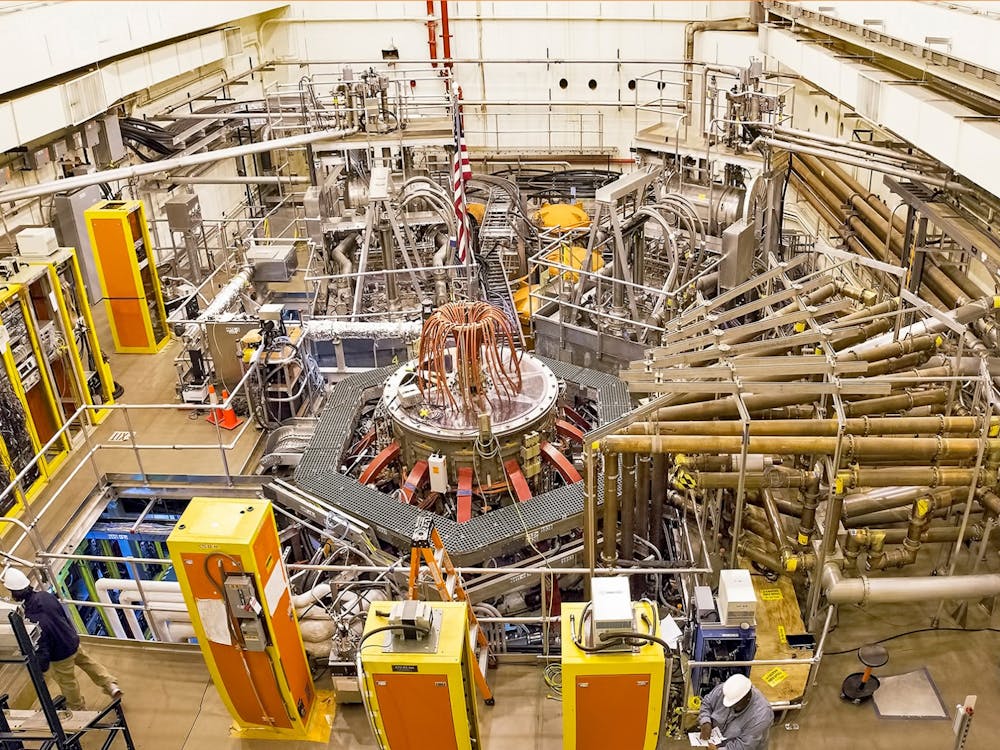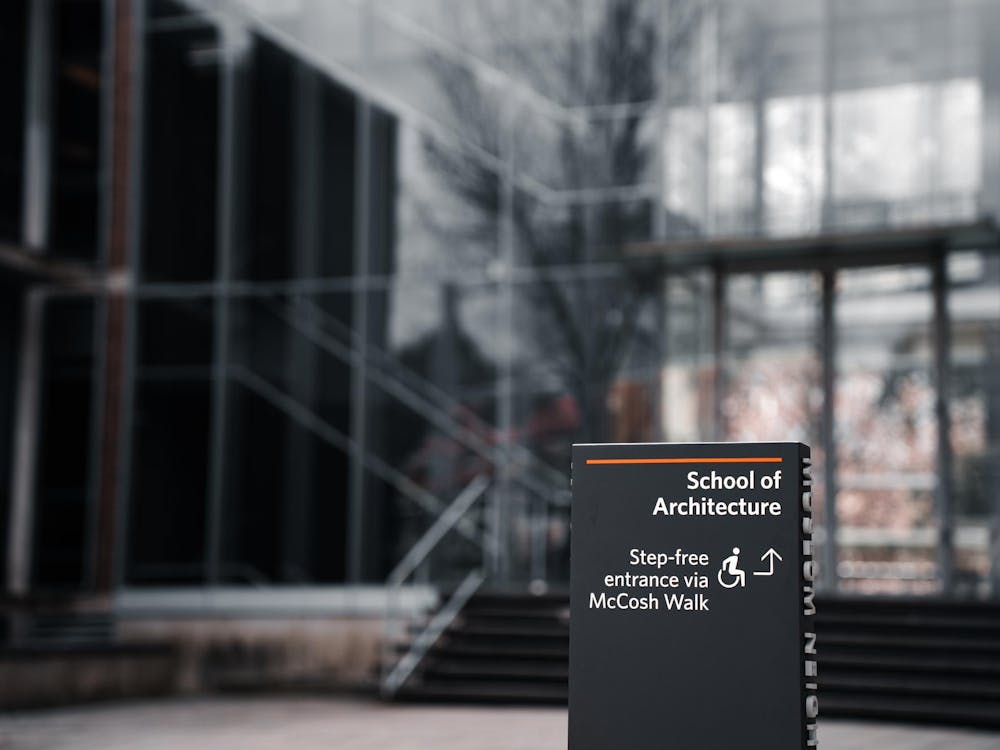Vanessa Rodriguez '03 sat restlessly in her SUV waiting out the traffic to New York. It was not until she looked to her left to see the smoking southern tip of Manhattan that she fully grasped the transformation through which her home city had gone on Sept. 11.
"I didn't really get nervous," she recalled. As the police stopped her car for a routine check, Rodriguez remembered suddenly holding her breath in anticipation. "Here I was — a teenage girl in an SUV listening to the Indigo Girls. I felt really helpless."
As many other students from New York and Washington, D.C., will do over fall break, or already have done, Rodriguez was forced to digest the enormity of the terrorist attacks. Rather than viewing the events as an assault on America, these New Yorkers have had their communities permanently disturbed.
"The weirdest part was driving up the turnpike and getting a glimpse of the skyline, the same skyline I've seen for 19 years. It was a very eerie feeling," remarked Kevin Crowe '04, who drove through New York three weeks after the attacks.
Many Princetonians returning home during fall break for the first time since the attacks will be faced with similar feelings of helplessness and confusion. The physical and emotional transformations of these cities serve as confirmation that the events did occur, and that home may have changed forever.
"Everyone is overly polite and unexpectedly vibrant," Katharine Flynn '02 said about the altered New York City atmosphere.
Juliana Bennison '05, who has already returned to Washington since the terrorist attacks, said she anticipated finding her home city far more skittish than it actually was.
"I was expecting more — planes flying around all the time, more streets closed up. Going back, I didn't see as much physical stuff, though [the attacks] dominated the topic of conversation," Bennison explained.

Despite the physical damage endured by these cities, students exhibited little apprehension about making the trip home.
"I don't have any fears about going back," said Luke Friedman '05. "Of course I'm a little nervous, but not particularly about returning to D.C."
William Pollak '03 fosters the same sentiments. "I'm not worried about safety. I'm more bothered than I am afraid," he said.
For those students who have not yet returned home since the start of the school year, the destruction sites remain shrouded in uncertainty.

"Seeing the World Trade Center is more of a fascination, the kind you'd have for historical events, like the Holocaust," Pollak said.
"[The World Trade Center attack is] such a big part of history," Flynn remarked. "I want to go see the WTC for shock value, to believe it, to make sure it really happened."
But for Andrew Braid '03, seeing the World Trade Center is not a pending necessity.
"I don't have a desire to see the destruction . . . I loved the buildings. I used to look up at them all the time when I was working. But it won't be a surprise. I know what I'm going to see."
The effect on people, rather than the physical ramifications of the attacks concerns Baird most. He spent the summer working in the heart of New York, after also attending high school five blocks away from the towers. After Sept. 11, his alma mater was relocated to a school in Brooklyn.
"I want to see the people — who were so close to the site — see how they changed since the attacks. It will be interesting to connect with them again."
Students headed for other cities also do not seem noticeably worried about airline travel.
"Under these circumstances, something can always happen. Even before the attacks, there was always the possibility of running into a problem. So, you're battling between wanting to go home and not wanting to take risks, and going back home is worth it to me," said California resident Avery Kiser '05.
Indeed, traveling home to spend time with family members marks the importance of this fall break. "Seeing my family — I appreciate it much more," Friedman added.







